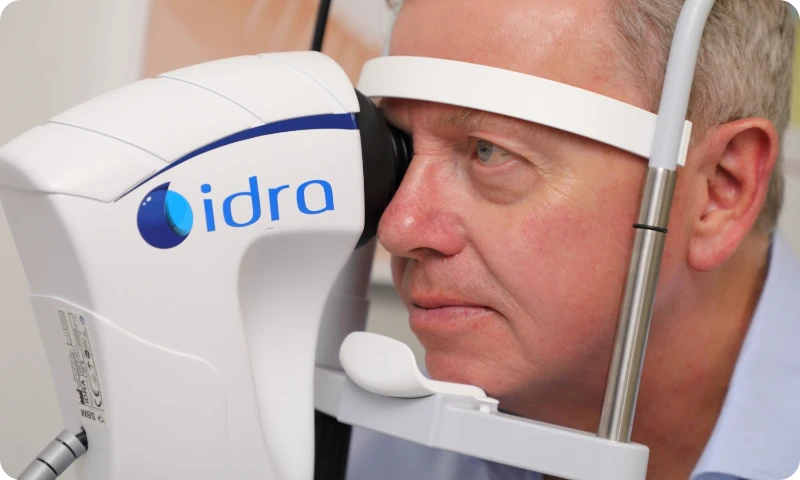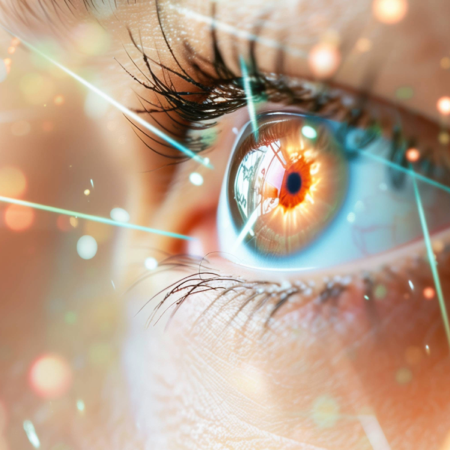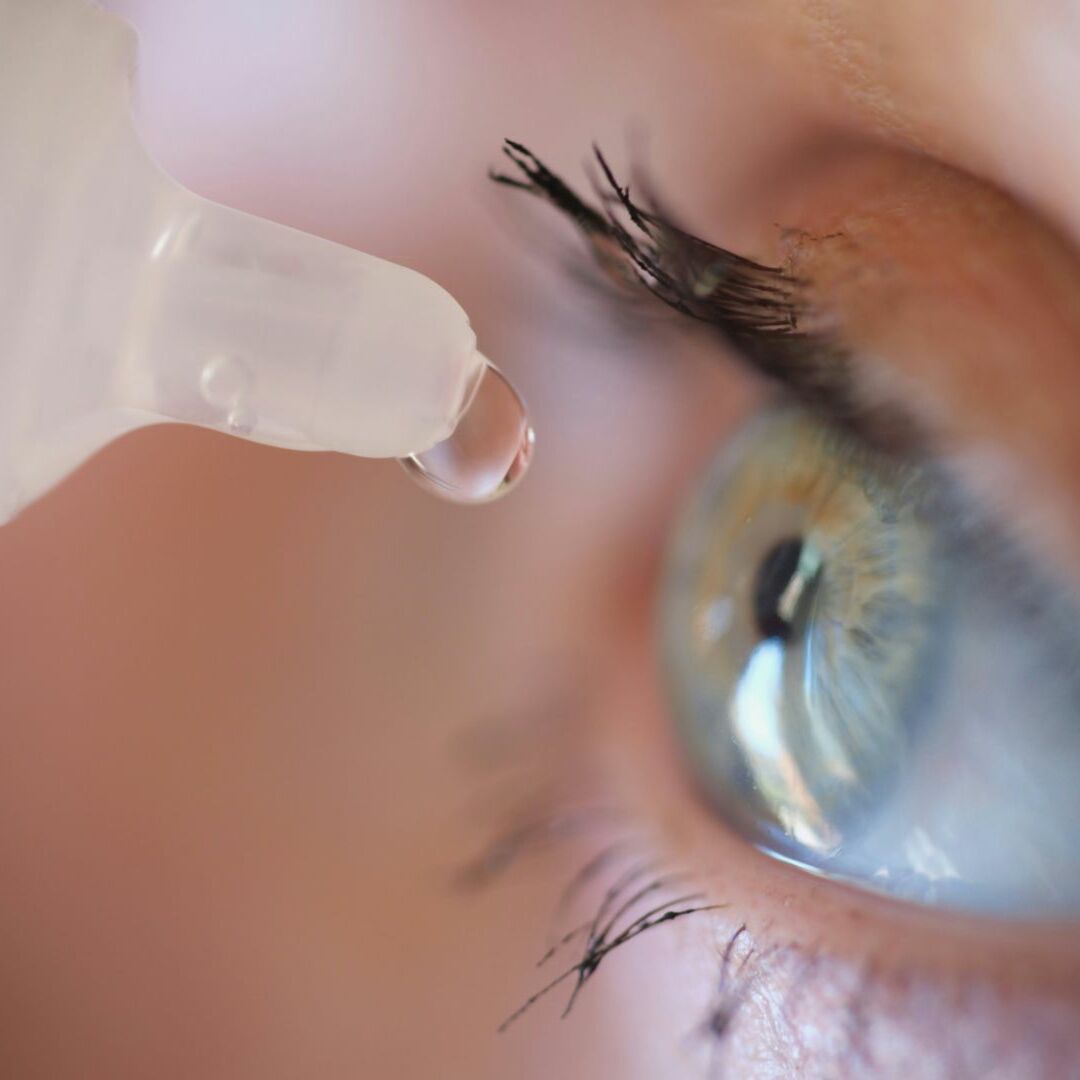
Macular Degeneration
The “Macula” is the part of the eye responsible for seeing fine detail and colour. It is in the central part of our retina. As we age, the macula degenerates and can lead to blurred, distorted vision or in some cases, loss of central vision. It is the leading cause of blindness in the over 60’s.
Dry Age-Related Macular Degeneration (AMD)
The most common form of AMD, which causes a slow, gradual loss of vision.
Wet Age-Related Macular Degeneration (AMD)
This form of AMD causes a sudden loss of vision and is caused by leaking from blood vessels at the back of the eye. We can detect AMD by carrying out an OCT scan of the back of your eye. Diet, exercise, and protection from harmful UV rays can slow down the progression of AMD.
Dry Eyes
Do your eyes feel gritty or sandy, are they red and watery? You may be suffering from dry eyes. Dry eyes occur when the eyes do not produce enough tears or when the quality of the tears is deficient, meaning the tears evaporate too quickly. Find out more about Dry Eye Treatments on our dedicated page.
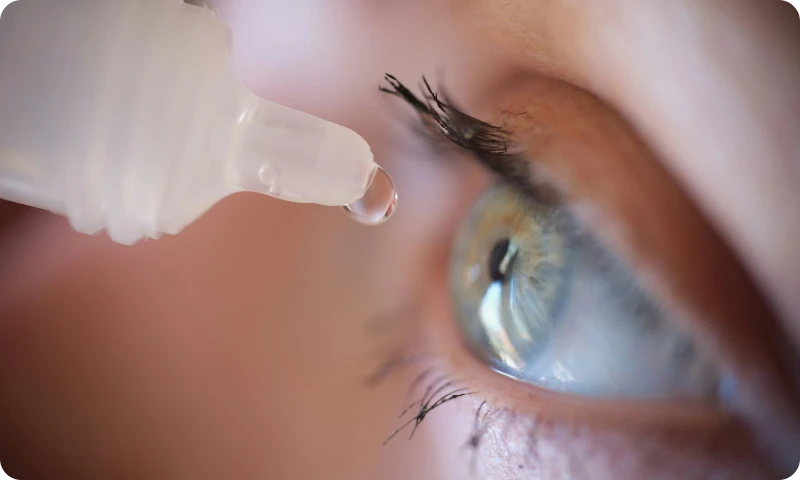
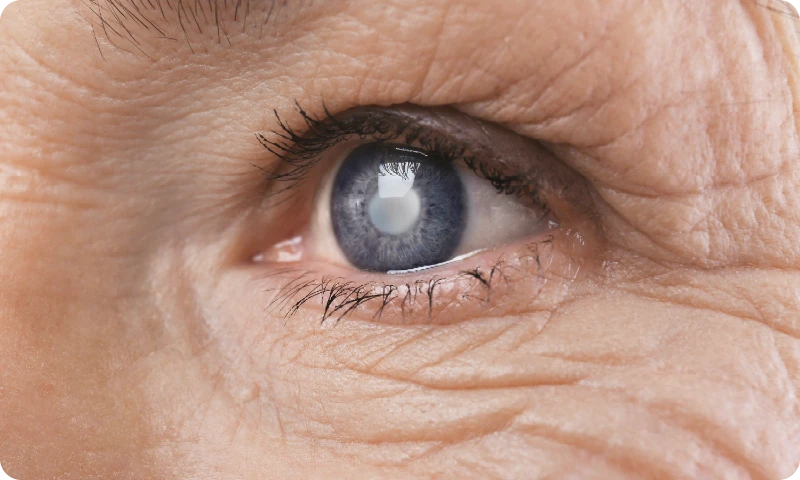
Cataracts
As we age, the clarity of our lens reduces and the lens becomes cloudy, making it more difficult to see clearly. Typical symptoms include, dull or blurred vision, difficulty driving at night, haloes around lights and colours appear faded or yellowed. Like our hair turning grey, cataracts are a normal part of growing older and a prescription change in your glasses may improve your vision. As cataracts progress and vision worsens, surgery can be performed by an eye specialist, the cloudy lens in your eye can be removed and replaced with a clear artificial lens implant.
Glaucoma
Glaucoma is made up of a group of conditions which cause damage to the optic nerve. It is one of the leading causes of blindness for those over the age of 60. Loss of vision can be very gradual, meaning that many of those affected will have no warning signs. A regular OCT scan can detect Glaucoma as, it checks the internal health of your eye to assess for changes in the appearance of the optic nerve. Where the retinal nerve supply is measured means we can compare those taken at previous visits, and subtle changes to be detected.
Glaucoma can be treated with eye drops to lower the pressure in the eye, laser treatment and surgery.
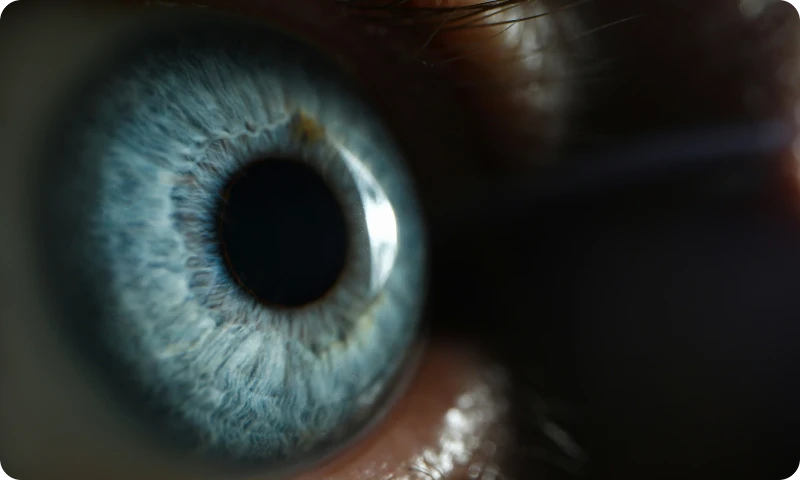

Flashes and Floaters
Floaters can occur at any age but with increased frequency as we age. They are often seen as flashes of light in the eye or can appear as black spots, threads or cobwebs which move around in the eye.
Should I have my eyes tested if I develop floaters or flashing lights? An urgent eye examination is advised any time new/increased floaters are noticed or if you develop flashing lights in your eyes. There is a risk of the vitreous jelly collapsing, this can result in a traction tear to the retina and lead to a retinal detachment. A careful examination of the back of your eye and the vitreous jelly means any problem will be diagnosed and treated, reducing the risk of a serious problem occurring.
Keratoconus
Keratoconus is an eye disease that affects the structure of the cornea, resulting in a reduction in the quality of vision. Keratoconus occurs in approximately one in 2,000 individuals, typically beginning in puberty and progressing into the mid-30s. Thankfully there are treatments available.
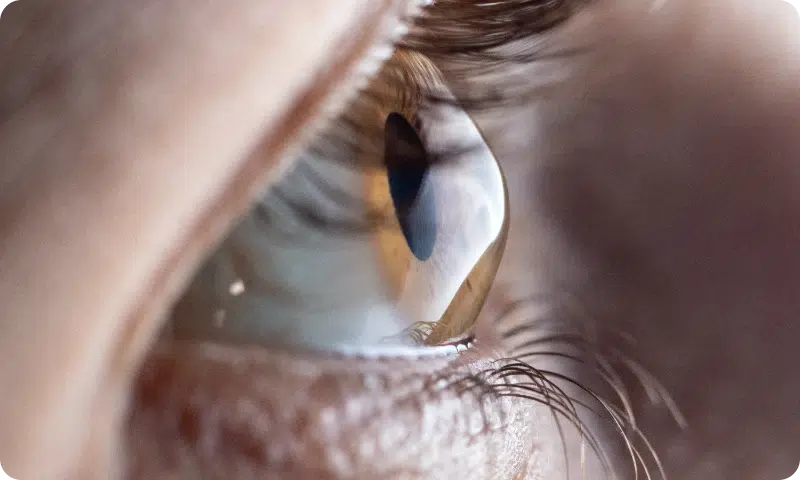
Looking for Children’s eye conditions?
It’s never too early to start taking care of your eyes. Uncover information on common eye conditions affecting children.
Frequently Asked Questions - Dry Eye Clinic Stratford Upon Avon
Dry eye syndrome is a condition where your eyes do not produce enough tears, or the tears evaporate too quickly. This leads to inflammation and damage to the eye’s surface, causing discomfort and vision problems.
Causes include decreased tear production due to aging, hormonal changes, medications, environmental factors like wind and dry air, prolonged screen time, and certain medical conditions such as rheumatoid arthritis or Sjogren’s syndrome.
Yes, if left untreated, dry eye can lead to complications such as eye infections, corneal ulcers, or scars. Chronic dry eye can also significantly affect your quality of life by impairing vision and causing discomfort.
Eye Conditions News & Articles
We're here to help
Let us take care of your eyes and help you find the perfect frames or lenses. You’ll leave feeling confident, healthy and beautiful.
